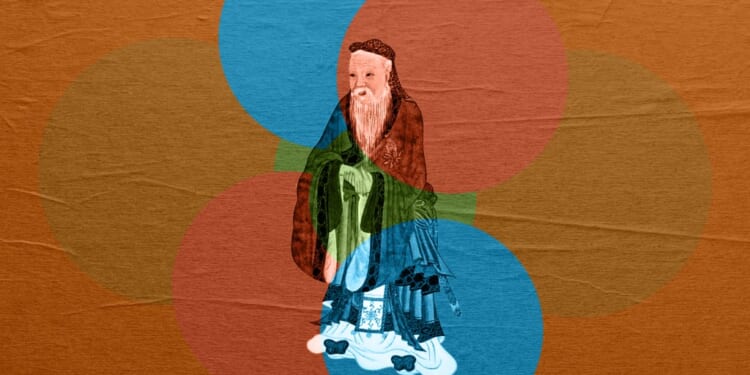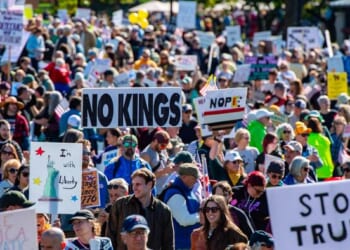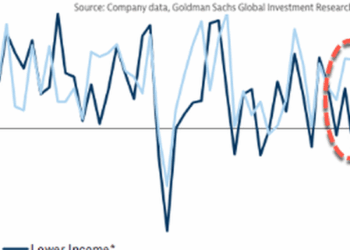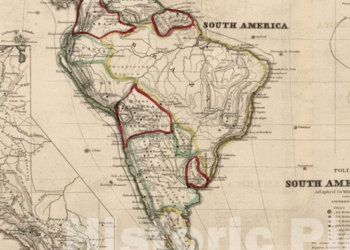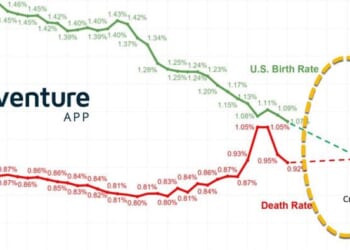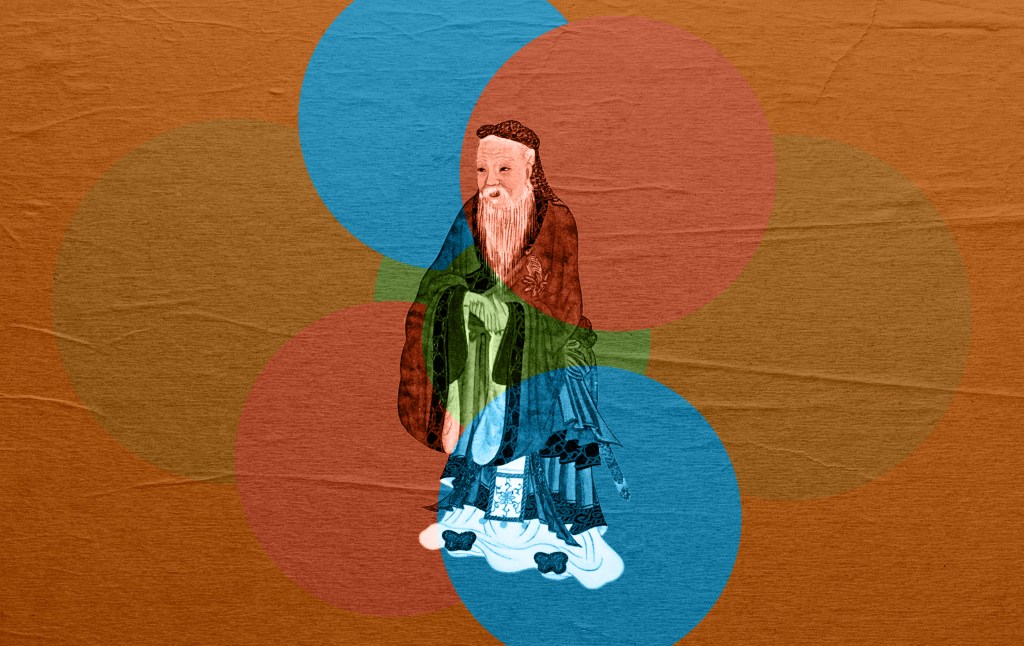
When I was teaching a course in philosophy at the local community college last year, a young man came up to me after class with a concerned look in his eyes. He told me he was struggling to find a direction for his life. He wanted to take on responsibility, to do something meaningful. But how, in the face of so many national problems, could a student in a small Midwestern city make any meaningful difference?
His question is not unique. Our media environment fosters a sense of powerlessness. With the decay of local news and the flourishing of a national media ecosystem structured around shock and outrage, the ordinary person is left, when it comes to national affairs, in an anxious state of having a lot to worry about but little in the way of responding to those worries. For those seeking meaningful labor, the answer might be to hew to some radical ideology, which can give the sense of common cause. Others are merely listless and frustrated, not knowing where to channel their energy.
These are both bad outcomes. The person who finds a way out of his political anxiety through radical ideology is a danger to the common good. The person who remains adrift suffers silently from a lack of purpose, and the community suffers for it, too.
In responding to these questions, I have found it useful to draw on the tradition of Confucian philosophy. The well-being of society, for Confucians, depends upon the health of an elaborate social fabric of which we are all a part, and which we all must maintain. Each thread in that fabric has an important and meaningful role to play. In a very real way, the health of the state depends upon how you, an average citizen, govern your own soul and upon how well you act in the web of relationships that surrounds you. By turning our attention less to the news and more to these matters, perhaps we really can find a meaningful path.
For Confucians, human excellence is chiefly found in the quality of our relationships—and the quality of our relationships depends, in part, on how well we perform our own roles. This, in turn, depends on our ability to order our own souls. The most meaningful thing you can do, therefore, is to understand where you stand in this web of relationships and to stand in that place with excellence.
Young college students are always told that they should go out and change the world. More and more, it seems like this is meant to be a call to political action. This puts an enormous amount of pressure on a young person, as if each one of us is to have an epoch-shaping influence on political life or as if this is the only route to meaningful work and a meaningful life.
The Confucian thinks differently. Zhu Xi, the Confucian philosopher of the 12th century A.D., felt that he lived in an era characterized by a pressing need to go out and act—to rule and manage the world—without first having ruled and managed the soul. If those in the leadership class have not taken the time to be morally serious, all kinds of trouble results: hubris, demagoguery, and violence.
“Today,” Zhu Xi wrote in a letter to students, “if we don’t know where to anchor our body and mind, and yet talk about ruling and managing the world, or try to create a separate set of skills to discuss and analyze, aren’t we making a mistake? It is necessary to first devote the heart and mind to knowing one’s nature, understanding its roots, and after that exerting the meritorious deed of maintaining and cultivating.”
Knowing one’s nature, for Zhu Xi, meant reflecting on our daily motives and actions. Each of us has dueling impulses: those that come from compassion and a desire to do good, and those that stem from weakness or greed. The meritorious thing to do is to attend to our motivations and actions, cleansing them of vice. In writing to young students, Zhu Xi emphasized again and again that to follow the Way, that is, the good life, is simple and near at hand. “In general, it is just a matter of distinguishing right from wrong and taking the right path,” he wrote. “There is no other mysterious or extraordinary way to speak of. When considering what is closest and easiest to practice, you should start right now. When considering what is most urgent and pressing, you should act without hesitation.”
In other words, before I can think about saving the world, I must first reflect on where I am and who I am. I am a node in a web of relationships. I am a son, a friend, a brother, a coworker, and so on. What would it look like to be those things well? If I can discover this and make a habit of acting on it, then I am doing something for the world.
If I work in a restaurant or a factory or an office, I am not being asked to decide issues of national politics; I am being asked to do my work well and to practice benevolence where I am. This does not mean retreating from public life, but it does mean recognizing the actual reach of our agency and responsibility. For many of us, that reach usually extends to what is most local. In my neighborhood or in my city, I am directly responsible for the common good, and I actually have the power to do something about it. Participating in local government and civil society are not far off. They are concrete, real, good things that I can do and can do right now. By serving my place in this way, I am serving my country, too.
For those who are in higher stations of public life, this ordering of the soul and of personal relationships is likewise necessary. As the political theorist Yuval Levin has pointed out, many in Congress have forgotten that their actual role is as legislators. Instead they’ve defaulted to roles as fundraisers, pundits, or social media stars. Likewise, judges are not legislators, and executive officials are not judges. Institutional trust depends on people knowing their roles within existing institutions and performing them excellently. This is true from top to bottom, from the school board to the White House.
Confucian tradition identifies five essential relationships as most important to the welfare of society: ruler and subject, parent and child, husband and wife, sibling and sibling, and friend and friend. Likewise, five essential virtues are considered to be the glue that holds human society together: benevolence, righteousness, propriety, wisdom, and trustworthiness.
Chances are that we stand in most, if not all, of the relationships laid out here; living excellently requires acting well within and according to the nature of these relationships. To this end, the paramount virtue is benevolence, which Confucians understood as learning to see ourselves as a part of one body with others.
What of these other, high-minded words? Righteousness may sound highfalutin, but it simply means a refusal to compromise one’s moral fiber. Propriety means treating others appropriately in social life, cultivating an appropriate reverence for those with whom we interact. Wisdom means understanding one’s own motivations, those of others, and discerning the right way to act in a given situation. Trustworthiness means a certain loyalty to reality: A trustworthy person puts the truth first and foremost, refusing to deceive either himself or others.
Embodying these virtues, and thereby following the Way, for the philosopher Mengzi, involved three crucial steps: reflection, extension, and practice. The first, reflection, involves examining one’s motives and actions against the measure of the moral law written on our hearts, in our nature, and in the order of the cosmos. Extension involves the use of our intellect and heart to expand the reach of our good impulses. If we feel compassion for our family easily, can we learn to extend the reach of that compassion to neighbors or to those who are suffering? If we feel disgust at seeing others act poorly, should we not be able to extend that to our own bad behavior? Finally, there is practice: The only way to nourish the inner principles of virtue is by repeatedly choosing the good, even in mundane situations. By choosing the good in little interactions with family and coworkers, bit by bit, we “transform our temperament,” as Zhu Xi put it.
And so, perhaps we can see an itinerary of good work laid out for us by the Confucian Way. And each time a person progresses in the Way, the “transforming brilliance,” as Mengzi called it, of goodness has a multiplicative effect on society.
Like any moral system, Confucianism can be corrupted. But its essence is in the transformation of the heart and mind toward goodness. There is at least one important respect in which this cuts against the grain of much modern thinking: Confucians do not believe in total autonomy, nor do they believe that we create ourselves or our own meaning. On the contrary, essential to the Confucian vision is the notion that there is a meaning outside and beyond us, to which we must submit.
In Confucianism, good and evil are objective things, written into the structure of the human being and of the universe. There is no room for relativism, where each person gets his or her own truth about right and wrong. But this is a liberating, not a constraining, vision. If there is an objective truth about good or evil, then the meaning of our actions is not simply made up by us. There really are right and wrong ways to act, ways that are wicked and small or heroic and great.
Any kind of progress, in society or in moral life, requires an objective standard against which to measure our achievements. And understanding those objective standards, in the Confucian tradition, generally requires understanding human nature. There are certain facts about us that tell us something about the difference between a good and bad human life. We are social, familial, rational, and free. The good life for us will be one in which we flourish according to that nature, in which we cultivate strong social bonds, familial love, wisdom, and a habit of choosing the good. The harmony between the Confucian tradition and the greatest moral tradition of the West, Aristotelianism, suggests that there really may be such a common root for morality to be found in human nature: For Aristotle, as for Confucius, living the good life requires understanding our nature and cultivating the virtues that allow it to flourish.
The Confucian tradition sometimes refers to the moral law as the “immutable standard.” In uncertain, confusing, and troubled times, the sages of China sought to return to this standard as a guide for right action. Confucius and Mengzi lived in turbulent ages of discord and violence. They attempted to change the world, but found their real influence in their close relationships. Perhaps we can find in them a kind of model, or inspiration, for where to direct our energy and attention today.

